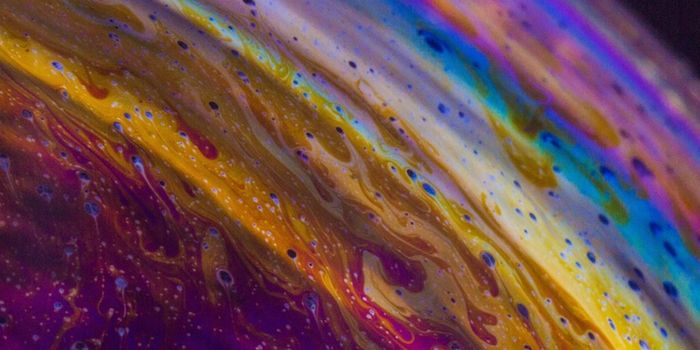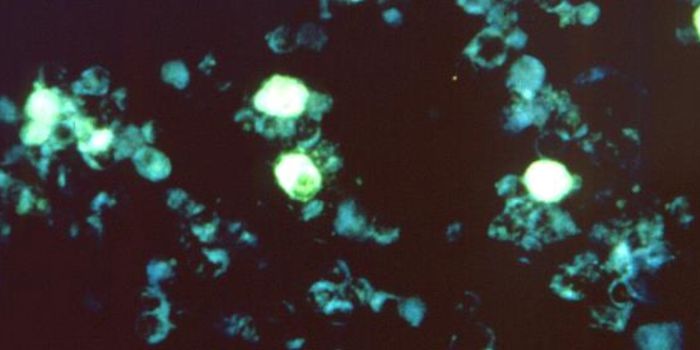Microbiome Transplant & Fiber May Improve Metabolism in Obesity
Mounting evidence is illustrating that the gut microbiome has a powerful influence on human health. Scientists have linked microbiome characteristics, like a lack of diversity among the microbial strains with health problems, and specific disorders with certain microbes, for example. Researchers have also used mouse models to show how health conditions can be induced or relieved with gut microbiome transplants.
Now, research reported in Nature Medicine has indicated that in human patients who are obese, it may be possible to relieve some symptoms of metabolic disease with a gut microbe transplant along with fiber supplements in their diet. When people got one oral dose of a fecal microbe treatment and added a fiber supplement to their diet every day, after six weeks their insulin sensitivity had improved and there were higher levels of healthy microbes in their guts. Some cases of type 2 diabetes trace back to a lack of sensitivity to insulin in the body, and the resulting dysregulation of blood sugar.
"They were much more metabolically healthy," said principal study investigator Karen Madsen, a professor of medicine at the University of Alberta. "These patients were on the best known medications [for metabolic syndrome] and we could improve them further, which shows us there is an avenue for improvement by targeting these different pathways in the microbiome."
This study followed 61 metabolic syndrome patients who were waiting for bariatric surgery and had a body mass index over 40. They were given an odorless and tasteless oral capsule generated from four healthy donors with normal BMIs.
While researchers are still investigating whether factors in the gut microbiome are causing disease or are a result of it, gut microbes might be useful in the treatment of disease. This work may be the first, however, to demonstrate that gut microbes that are taken orally can have a physiological impact on obesity-related metabolic syndrome. Metabolic syndrome, which involves insulin resistance, high blood pressure and other conditions, can cause diabetes.
"The potential for improving human health through the microbiome is immense; we are only scratching the surface at the moment," said Madsen.
Madsen added that the fiber supplements were a critical part of the therapy. "When you transplant beneficial microbes, you need to feed them to keep them around," Madsen explained. "If you give a new microbe and you don't feed it, if you continue to eat a diet of processed foods and no fiber, then that microbe will likely die."
Healthy microbes produce the enzymes that our bodies need to metabolize fiber. More research will be necessary to determine exactly which microbes have a positive impact. The researchers are planning to do a larger and longer study that will examine this treatment more closely. They suggested that if it's safe and effective, it could be available within five years.
Until then, the scientists noted that we can improve or maintain the health of our gut microbiomes by eating fiber-containing foods like fruits and vegetables, and avoiding processed foods.
Sources: AAAS/Eurekalert! via University of Alberta Faculty of Medicine & Dentistry, Nature Medicine









